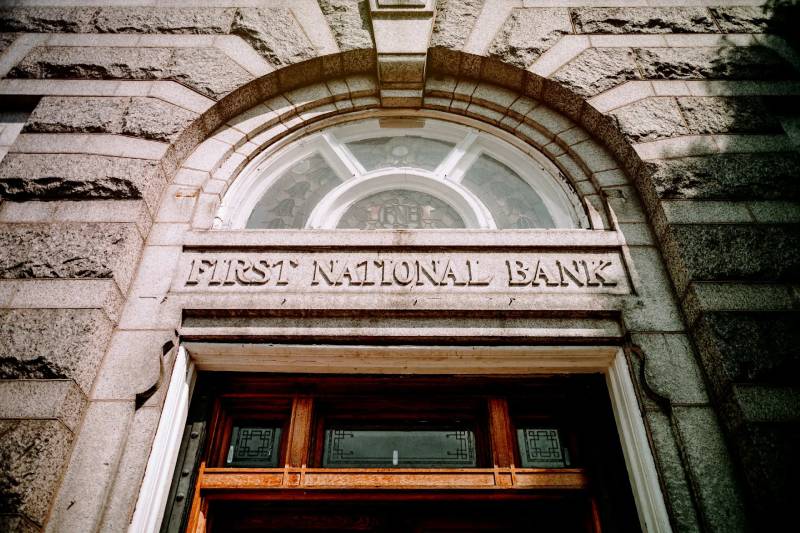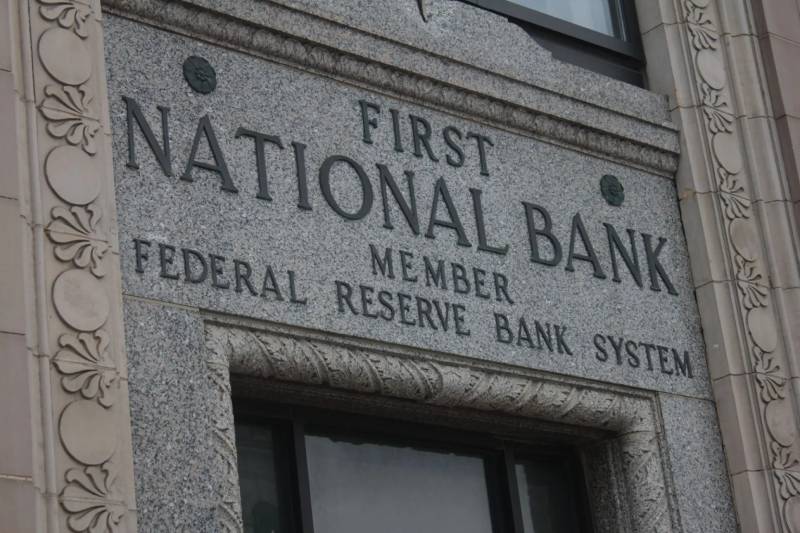Why Is Chargeback Protection For Bail Bonds Essential Today?
In the fast-paced world of bail bonds, ensuring secure and reliable payment processing is critical for business success. Bail bond agencies face unique challenges, including high-risk transactions and the potential for chargebacks, which can disrupt cash flow and operations. Implementing robust chargeback protection for bail bonds is essential to mitigate these risks and maintain financial stability. By leveraging advanced fraud prevention tools and clear client communication, agencies can protect their revenue streams.

Understanding Chargeback Protection for Bail Bonds
Chargebacks occur when a client disputes a transaction, prompting the bank to reverse the payment. In the bail bonds industry, chargebacks are a significant concern due to the high-risk nature of transactions. Clients may dispute payments for various reasons, such as dissatisfaction with services or financial constraints, which can lead to substantial losses for agencies. Chargeback protection for bail bonds provides a safeguard by offering tools and strategies to prevent or resolve these disputes effectively.
Why Bail Bonds Are High-Risk for Chargebacks
The bail bonds industry is considered high-risk due to large transaction amounts and the sensitive nature of the services provided. Clients may initiate chargebacks if they feel misled about terms or if the defendant fails to appear in court, triggering financial disputes. Additionally, the emotional and urgent nature of bail bond transactions can lead to misunderstandings, increasing the likelihood of chargebacks. Implementing chargeback protection for bail bonds helps agencies address these risks proactively.
The Role of Chargeback Protection Systems
Chargeback protection systems work by monitoring transactions, flagging suspicious activities, and providing dispute resolution mechanisms. These systems use advanced fraud detection tools to identify potential issues before they escalate. For bail bond agencies, such systems ensure that payments are secure, reducing the financial impact of disputes and fostering trust with clients.
Benefits of Chargeback Protection for Bail Bonds Businesses
Chargeback protection for bail bonds offers financial security by minimizing losses from disputed transactions. By implementing preventive measures, such as clear contract terms and robust payment verification, agencies can reduce the frequency of chargebacks. This stability allows businesses to focus on providing quality services rather than managing disputes.
Enhanced Client Trust and Transparency
Transparent payment processes build trust with clients. Chargeback protection systems often include clear communication about payment terms, reducing misunderstandings that lead to disputes. When clients understand the terms of their bail bond agreement, they are less likely to initiate chargebacks, fostering long-term relationships.
Streamlined Operations with Reduced Disputes
By automating chargeback prevention and resolution, agencies can streamline their operations. Tools like real-time transaction monitoring and client verification reduce the time spent handling disputes, allowing staff to focus on core business activities. This efficiency is crucial in the fast-paced bail bonds industry.
Integrating ACH Payments and Merchant Accounts
ACH payments for bail bonds provide a secure and efficient alternative to traditional payment methods. These electronic transfers allow clients to pay directly from their bank accounts, reducing the risk of chargebacks compared to credit card transactions. ACH payments are particularly beneficial for high-risk industries, as they offer lower processing fees and enhanced security.
Importance of a Bail Bonds Merchant Account
A bail bonds merchant account is essential for processing payments securely. These specialized accounts are designed to handle high-risk transactions, offering features like fraud detection and chargeback protection. By integrating a merchant account with chargeback protection for bail bonds, agencies can ensure smooth payment processing and minimize financial risks.
Instant Approval Merchant Accounts for Efficiency
Instant approval merchant accounts for bail bonds streamline the setup process, allowing agencies to start accepting payments quickly. These accounts are tailored to the unique needs of the bail bonds industry, providing robust security features and chargeback protection to safeguard transactions.
Best Practices for Implementing Chargeback Protection
To prevent chargebacks, agencies must communicate payment terms clearly and provide detailed documentation. Contracts should outline the non-refundable nature of bail bond premiums and the consequences of missing court dates. This transparency reduces client confusion and disputes.
Leveraging Technology for Fraud Prevention
Using advanced fraud detection tools, such as AVS (Address Verification Service) or 3D Secure for online transactions, can significantly reduce chargebacks. These technologies verify client identities and flag suspicious activities, ensuring secure payment processing.
Partnering with Reliable Payment Processors
Choosing a reputable payment processor with experience in high-risk industries is critical. Look for providers offering bail bonds payment processing with built-in chargeback protection features. These processors can offer tailored solutions to meet the specific needs of bail bond agencies.
- Maintain Detailed Records: Keep thorough records of all client interactions, including contracts, receipts, and communication logs, to support dispute resolution.
- Educate Clients: Provide clear information about the bail bond process and payment expectations to reduce misunderstandings.
- Monitor Transactions: Use real-time monitoring tools to detect and address potential chargeback risks promptly.
Overcoming Common Challenges in Bail Bonds Payment Processing
The high-risk nature of bail bonds transactions requires specialized payment solutions. Credit card processing for bail bonds often comes with restrictions, such as monthly caps or rolling reserves, due to the potential for chargebacks. Chargeback protection systems help mitigate these risks by offering proactive fraud prevention and dispute resolution.
Navigating Regulatory Requirements
Bail bond agencies must comply with state regulations, including licensing requirements for bail agents and payment processors. Working with a licensed payment processor ensures compliance while providing robust chargeback protection for bail bonds, reducing legal and financial risks. Partnering with a trusted merchant account provider also helps streamline transactions and maintain regulatory compliance.
Managing Client Expectations
Clients often face emotional and financial stress during the bail process, which can lead to payment disputes. By setting clear expectations and providing excellent customer service, agencies can reduce the likelihood of chargebacks and maintain positive client relationships. Implementing reliable payment processing solutions also helps ensure smoother transactions and improved trust.

Conclusion
Chargeback protection for bail bonds is a critical component of a secure and efficient payment processing system. By mitigating the risks of disputes, enhancing client trust, and streamlining operations, these systems empower bail bond agencies to thrive in a high-risk industry. Integrating solutions like ACH payments and specialized merchant accounts further strengthens financial stability. By adopting best practices and partnering with reliable payment processors, agencies can safeguard their business and focus on delivering exceptional service.
FAQs
What is chargeback protection for bail bonds?
Chargeback protection for bail bonds involves systems and strategies to prevent and resolve payment disputes. It uses fraud detection tools and clear communication to minimize losses from chargebacks, ensuring financial security for agencies.
Why are bail bond transactions considered high-risk?
Bail bond transactions are high-risk due to large payment amounts and the potential for disputes. Clients may initiate chargebacks due to misunderstandings or financial issues, making robust protection essential.
How do ACH payments benefit bail bond agencies?
ACH payments for bail bonds offer secure, cost-effective transactions with lower chargeback risks compared to credit cards. They allow direct bank transfers, improving efficiency and client trust.
What is a bail bonds merchant account?
A bail bonds merchant account is a specialized account for processing high-risk transactions. It includes features like fraud detection and chargeback protection to ensure secure payment handling.
How can agencies reduce chargeback risks?
Agencies can reduce chargebacks by maintaining clear communication, using fraud prevention tools, and partnering with reliable payment processors experienced in bail bonds payment processing.
Why is transparency important in bail bond payments?
Transparency in payment terms reduces client misunderstandings, which are a common cause of chargebacks. Clear contracts and communication foster trust and minimize disputes.